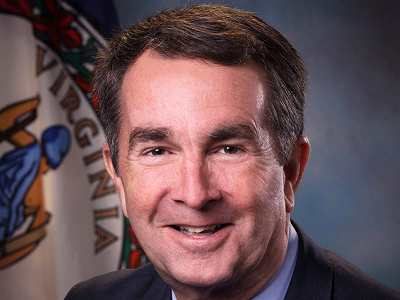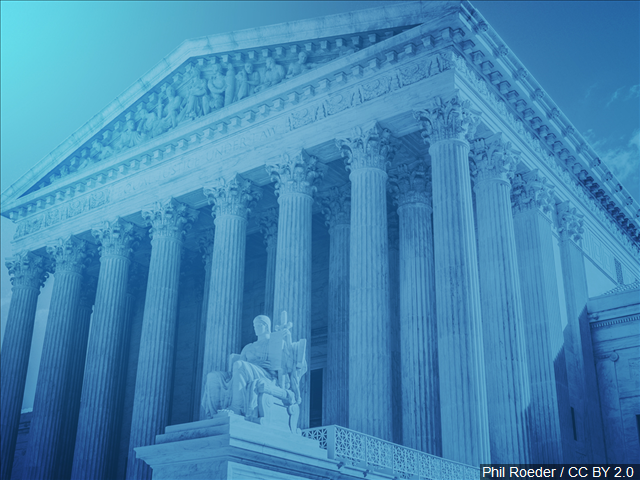Earlier this week a federal judge blocked a Trump Administration policy that would keep thousands of migrants...
State and National Government
As state lawmakers prepare for next week’s special session on Virginia gun laws, recent polls from Christopher...
NEWS RELEASE: Governor Ralph Northam today announced his legislative agenda for the July 9 special session of...
You can hear this morning’s complete live in-studio conversation with 9th District Morgan Griffith on immigration, climate...
A 10-year-old Floyd County girl is preparing to join more than 160 other children from across the...
Governor Ralph Northam chose the Roanoke Redevelopment and Housing Authority for his local stop on a statewide...
RICHMOND, Va. (AP) _ A Virginia Republican lawmaker who voted to expand Medicaid is conceding a heated...
Virginia U.S. Senator Mark Warner is detailing the latest bill in a series that he says will...
Sixteen months before the 2020 presidential election, the American electorate is hyper-polarized and more motivated Democrats could...
Beginning today Virginia residents whose licenses were suspended because they didn’t promptly pay courts debt will have...
A Virginia Tech Political Science professor says Supreme Court rulings yesterday regarding gerrymandering are different from a...
Since 2001 in the aftermath of 9-11 the Authorization for Use of Military Force has been used...
Virginia US Senator Mark Warner was one of a handful of lawmakers that received a classified briefing...
RICHMOND, Va. (AP) — The Republican Party of Virginia’s top committee is backing a hardline conservative over...
The head of University of Virginia’s Center for Politics says President Trump would benefit if Democrats are...














